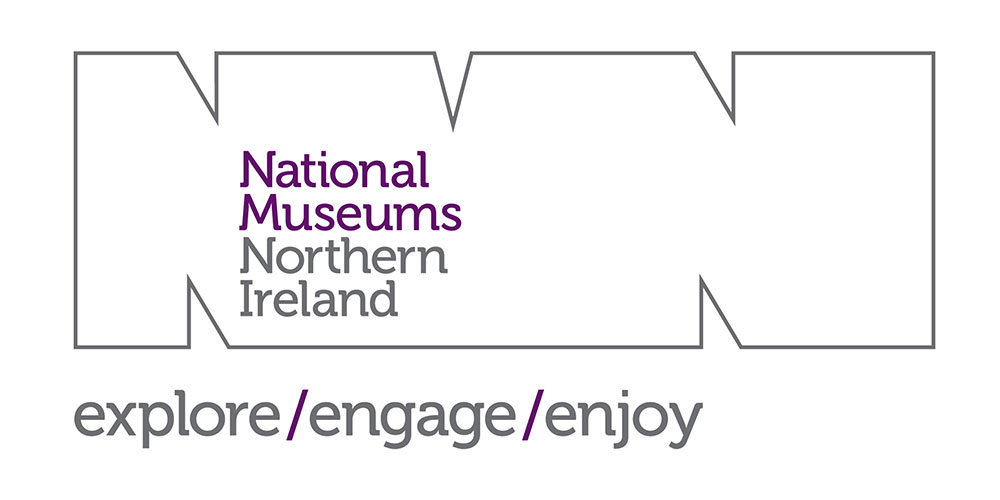Notes on the Phonology of a County Antrim Ulster-Scots Dialect
Part II: Diachronic Study i.e. the Historical Origins of the Dialect*
Historical Phonology
Robert J. Gregg
Diphthongs
No. 15 [əi] This diphthong, like No. 16 [ɑe], generally represents ME ī and probably preserves an earlier stage in the diphthongisation process, while No 16 shows a later stage. A few ME words with the diphthongs ei and ai — which normally give Glenoe [e:](21) — still have a diphthong in Glenoe, viz., [əi].
Some words in the latter category have thus fallen together with formerly contrasting words in the first, e.g., whey (ME whey) and why (ME whī) are both [ʍəi] in Glenoe.
(i) < ME ī < OE ī, ȳ or i, y lengthened
[bəil] 'a boil', [ˈkəülˌrəif] 'hypersensitive to cold', frileux,
[ləin] 'line'; 'main road', [məin] 'recollect' (ultimately < OE gemynd),
[məis] 'mice', [pəik] 'large haycock', [ˌste:nˈdəik] 'dry stone wall',
[wəil] 'wild'; 'very', [wəis] 'wise'.
(ii) < ME ī < ON ī, ȳ
[bəik] 'wild bees' nest', [kwəi] 'heifer'.
(iii) < ME ī < Old French i
[gəid] 'guide', [məin] '(coal) mine', [pəint] 'pint',
[prəis] 'price', [rəis] 'rice'.
(iv) < ME ei, ai < OE (various sources)
[həi] 'hay', [kləi] 'clay', [wəi] 'way'.
(v) < ME ei < ON ei
[əi] 'always'.
(vi) < ME ei, ai < Old French ei, ai
[brəi] 'to bray', [gəi] 'very', [məi] 'May (the month)',
[pəi] 'pay',
[rəin] 'rein', [stəi] 'stay'.
(vii) [əi] in Glenoe words of doubtful origin
[ˈdwəibl̹] 'shake, wobble', [fəik] 'to fuss ineffectually at a job'; 'one who so fusses' (? ON fikja, 'to move briskly or restlessly'),
[gəip] 'uncouth lout', [kəitś] 'shake up, toss about, jolt',
[krəind] 'shrunken' (? < Scots Gaelic crìon, 'to wither')
[rəib] 'thin horse (or person)', [skəit] 'sharp, glancing blow' (? < ON skȳt-, the umlauted stem of skjōta 'to shoot')
No. 16 [ɑe], as already stated above, represents ME ī
(i) < OE ī, ȳ
[əˈlɑev] 'alive', [ˈbɑeər] 'cow-house', [dɑev] 'dive',
[drɑe] 'dry', [fɑev] 'five', [kɑe] 'cows', [mɑe] 'my',
[mɑen] 'mine (belonging to me)', [sɑeð] 'scythe',
[ˈtɑeər] 'to tire'.
(ii) < ON ī, ȳ
[θrɑev] 'thrive', [skɑe] 'sky'.
(iii) < Old French i
[əˈrɑev] 'arrive', [pɑe] 'pie', [prɑez] 'prize', [reˈplɑe] 'reply',
[śɑevz] 'chives', [ˈtɑeər] 'tyre', [trɑe] 'try'.
No. 17 [ɔe] This diphthong, which is not of frequent occurrence, represents ME oi, ui, in words generally of French origin.
(i) < Old French oi, ui
[bɔel] 'to boil', [dźɔen] 'join', [əmˈplɔe] 'employ',
[ˈlɔeəl] 'loyal', [mɔest] 'moist', [nɔez] 'noise', [pɔent] 'point',
[vɔes] 'voice'.
(ii) < Gaelic (various sources)
[bəlˈtɔe] 'Beltoy' (local place name, earlier pronunciation [bəlˈtəi]. For the latter part of the word cp. Gaelic tigh, toigh 'house'),
[ˌkre:gnəˈbɔe] 'Craignaboy'(local place name. For the latter part of the word cp. Gaelic buidhe 'yellow'),
[ˈmɔele] 'hornless' (ultimately < Gaelic maol 'bald'; 'hornless')
(iii) [ɔe] in words of doubtful origin
[bɔe] 'boy' (earlier pronunciation [bəi]), [tɔe] 'toy' (< Dutch tuig, speeltuig)
No. 18 [əü] This diphthong is used in Regional Standard speech throughout the province of Ulster as the equivalent of RP [au]. It is, however, comparatively rare in the speech of Ulster-Scots districts such as Glenoe, where it generally represents ME au and ou or a, o followed by l. The reason for the relative scarcity of the diphthong is clearly that, although ME i > Glenoe [əi] or [ɑe], yet ME ū remains in Glenoe as a pure vowel, viz., [Ü] or [ü:]. This situation is typical of many modern Scottish dialects and probably reflects the state of affairs already attained in the early 17th century, i.e., the beginning of the Plantation period.
(i) < ME au, ou < OE (various sources)
[beˈstəü] 'bestow', [ˈfəüər] 'four', [grəü] 'grow',
[jəü] 'ewe', [səül] 'soul', [tśəü] 'chew', [θəü] 'thaw'.
(ii) < ON au, o̢u, etc.
[fləü] 'peat-bog', [gəül] or [jəül] 'howl',
[ləün] 'calm, quiet', [ləüp] 'leap', [ləüs] 'loose',
[ləüz] 'loosen', [ˈrəüən] 'mountain ash'.
(iii) < Old French ou
[kəüp] 'overturn'; 'upset', [rəül] 'roll'.
(iv) < ME ɑ + ld (with loss of d)
[bəül] 'bold', [əül] 'old', [həül] 'hold', [kəül] 'cold', [səül] 'sold', [təül] 'told'.
(v) < ME -ol or -ol + consonant (with occasional loss of l)
[bəül] 'bowl', [ˈbəüstər] 'bolster', [bəült] 'bolt',
[kəült] 'colt', [məül] 'mould', [nəü] 'knoll'.
(vi) OE ū or u lengthened, probably from the Standard language via Larne
[krəüd] 'crowd', [səüθ] 'south'.
(vii) < Old French ū probably via Larne
[kəütś] 'couch', [stəüt] 'stout'.
(viii) Glenoe [əü] in words of doubtful origin
[bəüx] or [ˈbləüxər] or [wəüx] 'cough' (probably echoic),
[gəüp] 'throb with pain'; [ˈkrəüde] 'cream cheese',
[krəül] 'smallest pig of a litter'; 'very small person' (derogatory), [mjəüt] 'faint sound', [pəü] 'head' (cp. poll)
[pəül] 'pole' (ultimately < OE pɑ̄l), [ˈpəüne] 'pony',
[ˈsəüənz] 'a dish like flummery' (< Gaelic samhain: All-Hallowtide, when the dish was traditionally eaten)(22)
[səüs] 'a heavy fall'.
Introduction | Diachronic Aspect | Diphthongs | Consonants | Notes

